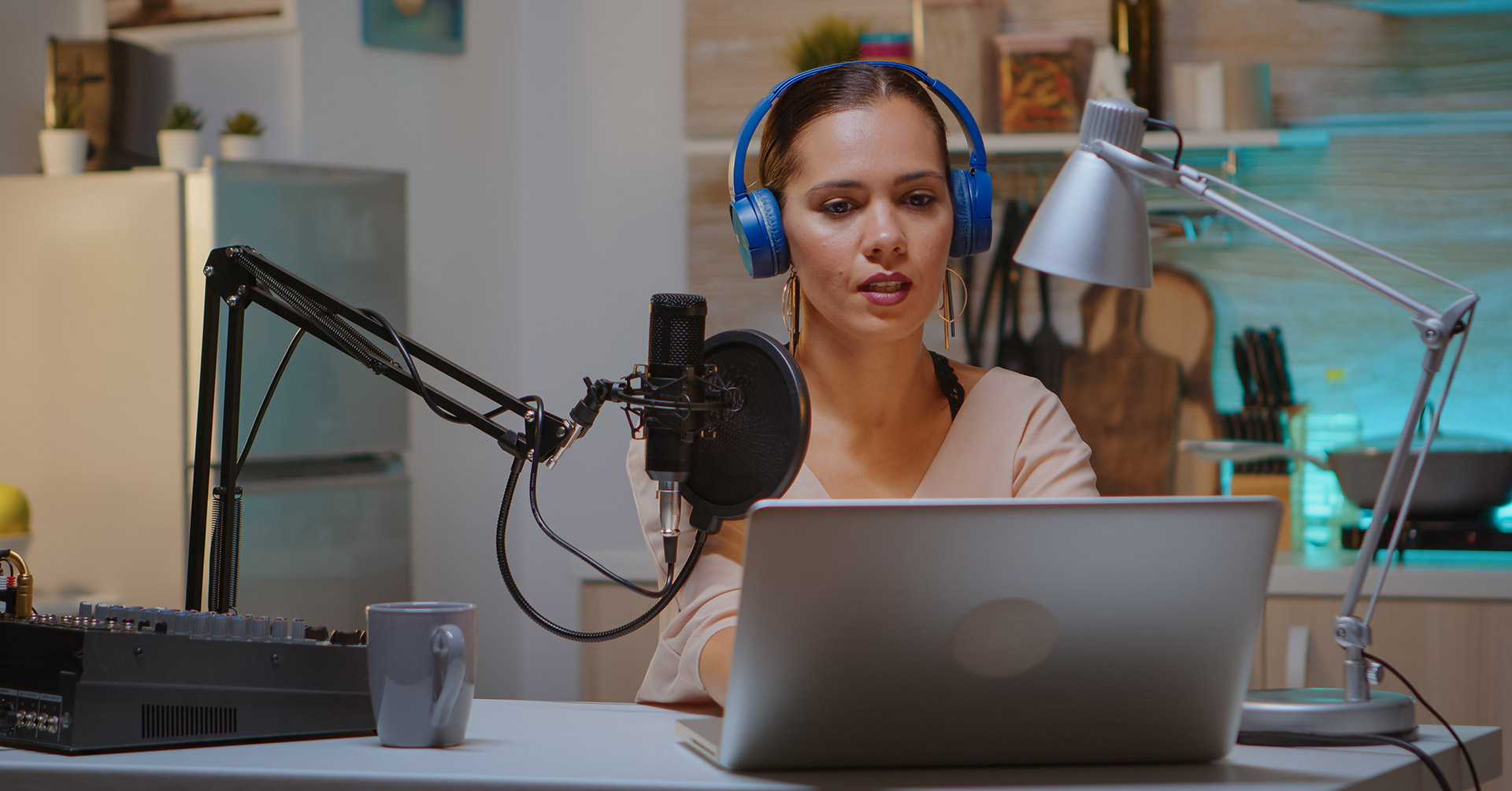Podcasting has become an increasingly popular way to connect with an audience and share information and ideas. However, to create a successful podcast, it is important to take the time to plan and prepare for recording. Here are ten tips for recording podcasts that will help ensure that your podcast is of the highest quality.
- Plan ahead: Before you start recording, take the time to plan out your podcast. This includes creating an outline of the topics you want to cover, researching your guests, and creating a list of questions.
- Invest in good equipment: To ensure that your podcast is of the highest quality, it is important to invest in good equipment. This includes a quality microphone, headphones, and a computer or recording device.
- Find the right location: The location where you record your podcast can have a big impact on the final sound quality. Find a quiet, well-ventilated space with minimal echo or background noise.
- Test your equipment: Before you start recording, make sure to test your equipment to ensure that everything is working properly.
- Use a pop filter: A pop filter is a device that attaches to your microphone and helps to reduce plosives, which are the popping sounds caused by hard consonants like “p” and “b”.
- Use a noise gate: A noise gate is a software that helps to reduce background noise and other unwanted sounds in your recording. Essentially, every time it pick up a sound at a certain level, (EG, when you talk), it opens the ‘gate’ and starts recording. All other times it doesn’t record so low level sound and interference doesn’t get picked up.
- Set the right levels: Make sure to set the right levels for your microphone and recording software to ensure that your podcast is recorded at the proper volume.
- Use a script or teleprompter: Having a script or teleprompter can help you to stay on track and ensure that you cover all the important points during your podcast. Only use this as a guide though as free flowing chat can make the listening experience more organic and engaging.
- Edit your podcast: After recording, take the time to edit your podcast to remove any unwanted sounds or mistakes. (Colab can help you with this)
- Promote your podcast: Once your podcast is recorded and edited, promote it on social media, your website, and other platforms to reach a wider audience.
By following these tips for recording podcasts, you can ensure that your podcast is of the highest quality and reaches the largest audience possible. Remember that podcasting is a powerful tool for connecting with your audience and sharing information and ideas. With the right approach and preparation, you can create a successful podcast that resonates with your audience and helps to grow your business.

